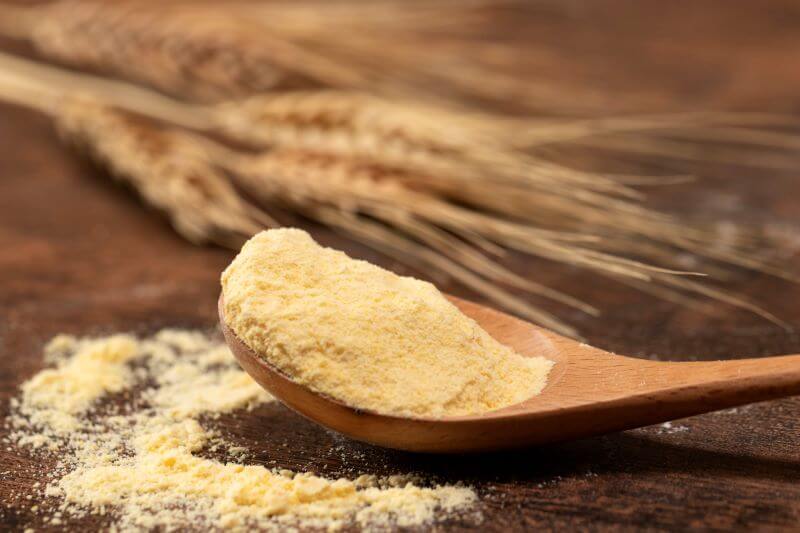It’s well-known that flour is a fundamental ingredient in a variety of cuisines across the globe. While wheat remains the most commonly used flour, its gluten content can pose health risks for some individuals. Among the available alternatives, corn flour offers a multitude of benefits for our health. Whether in the form of tortillas, polenta, baked goods, or flakes, explore the health advantages of this tasty substitute for wheat flour.
In addition to its delicious flavor, corn flour is rich in complex carbohydrates, providing sustained energy throughout the day. It is also high in fiber, crucial for maintaining healthy digestion, particularly in cases of constipation, and for regulating blood sugar levels. Here, we reveal its nutritional secrets.
Nutritional Benefits of Corn Flour
- Weight Loss Ally: Its low glycemic index helps regulate appetite and prevent cravings. However, one should remain cautious of hypoglycemia. Furthermore, similar to certain fruits, its high fiber content promotes a lasting feeling of fullness.
- Vitamin-Rich and Gluten-Free: Ideal for individuals intolerant or allergic to gluten or those with celiac disease, this flour is also abundant in B vitamins, which are vital for the nervous system and energy production.
- Mineral-Rich: Corn flour contains magnesium for muscle function, iron for oxygen transport in the bloodstream, and potassium, which is important for managing high blood pressure.
- High in Antioxidants: Thanks to the various properties of these molecules, this flour can help prevent premature aging and certain chronic diseases, including specific cancers.
- Easy to Digest: An excellent option for those with digestive issues, corn flour is also hypoallergenic, making it suitable for a wide range of consumers.
- High in Magnesium and Potassium: These minerals are critical for bone health, with one helping to retain calcium in the bones while the other reduces the urinary excretion of calcium.
- High in Soluble Fiber and Low in Sodium: Corn flour can assist in lowering LDL cholesterol (the bad cholesterol) in the bloodstream. Additionally, its low sodium content, together with potassium, contributes to lower blood pressure.
While corn flour has numerous health benefits, it is essential to exercise caution. Allergies to corn can occur, and in rare cases, it may interact with certain medications, particularly blood thinners.
IMPORTANT TO NOTE
Corn flour is also recognized for its soothing and antifungal properties. It can help treat skin issues such as imperfections and blemishes gently, without irritating the skin.







